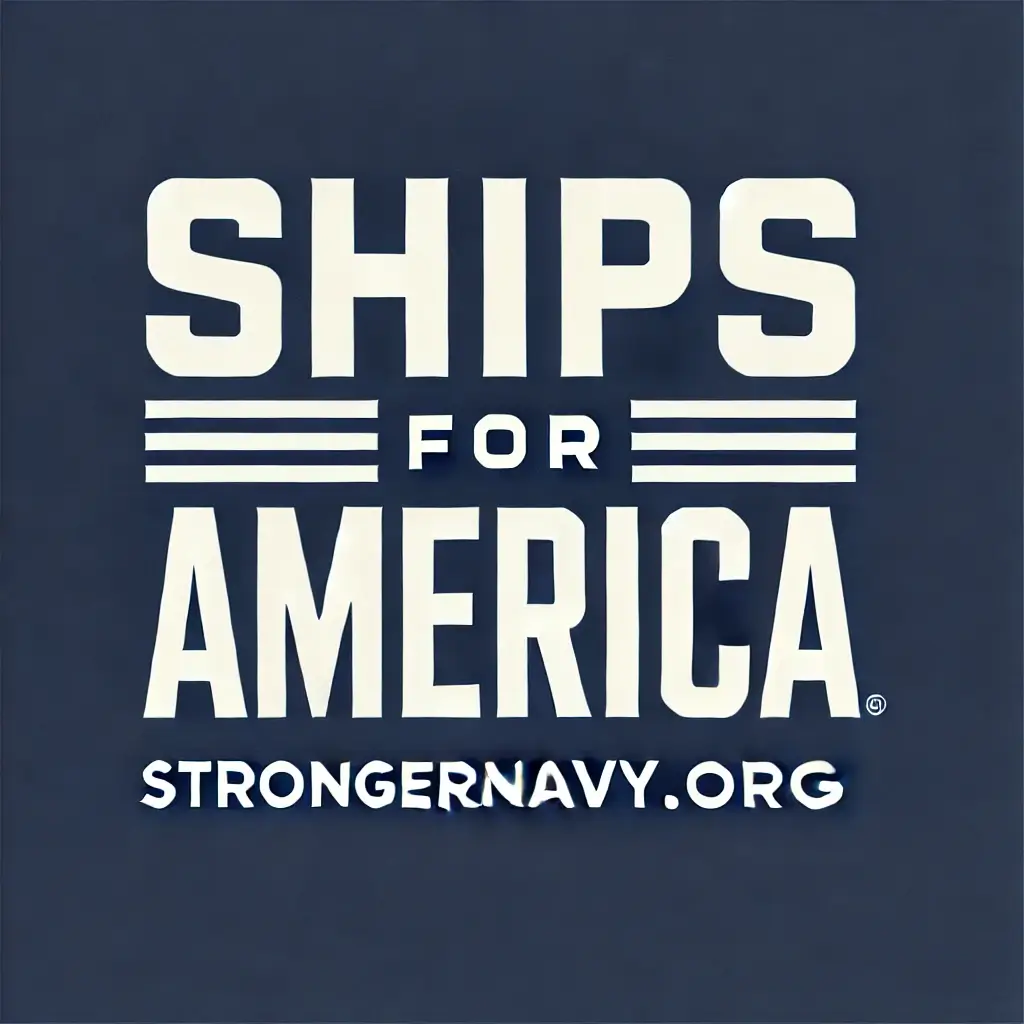

At Americans for a Stronger Navy, we have long advocated for a robust maritime strategy that includes both a stronger U.S. Navy and a revitalized civilian maritime industry. Our commitment to this cause is rooted in a belief that America’s strength at sea is indispensable to its national security, economic stability, and global leadership.
Recently, the U.S. Trade Representative (USTR) released findings from an investigation into China’s dominance in the shipbuilding, maritime, and logistics sectors, revealing practices that undermine fair competition and threaten American interests. This news reaffirms the urgency of revitalizing our shipbuilding industry—a call echoed by U.S. legislators like Senator John Garamendi and others who are leading efforts to rebuild our maritime capabilities.
What the Investigation Found
The USTR investigation, launched in response to petitions by five unions, highlights how China’s aggressive industrial policies have positioned it as a global leader in shipbuilding. According to USTR Katherine Tai, China builds over 1,700 ships annually—dwarfing the fewer than five built by the United States. The report emphasizes that Beijing’s practices displace foreign firms, foster dependencies, and create significant economic and security risks for the U.S.
Quoting Katherine Tai:
“Beijing’s targeted dominance of these sectors undermines fair, market-oriented competition, increases economic security risks, and is the greatest barrier to revitalization of U.S. industries.”
Why This Matters
America’s maritime industry was once the backbone of our global influence and security. Today, it is a shadow of its former self, leaving us vulnerable to external dependencies. The decline of U.S. shipbuilding not only erodes our military readiness but also jeopardizes our economic security, particularly in the face of escalating geopolitical tensions with China.
The implications extend beyond shipbuilding. Logistics, supply chains, and the broader maritime ecosystem are critical to ensuring that America can sustain its global commitments and respond to crises effectively. As Alliance for American Manufacturing President Scott Paul aptly noted:
“Failing to take decisive action will leave our shipbuilding capabilities at the mercy of Beijing’s persistent predatory market distortions.”
Legislative Efforts to Revitalize U.S. Shipbuilding
Amid these challenges, leaders like Senator John Garamendi are working to reverse the tide. Garamendi, alongside Senators Mark Kelly and Todd Young, recently introduced the SHIPS for America Act—a comprehensive, bipartisan effort to rebuild the U.S. shipbuilding industry and expand the U.S.-flagged fleet. Key provisions of this legislation include:
- Establishing a national maritime strategy and a White House Maritime Security Advisor.
- Expanding the U.S.-flagged fleet by 250 ships over the next decade.
- Rebuilding the shipyard industrial base with tax credits, financial incentives, and funding for workforce development.
- Strengthening regulations to ensure government-funded cargo is transported on U.S.-flagged vessels.
These efforts align closely with our own calls for a balanced strategy that integrates the needs of both the Navy and civilian maritime industries.
What Needs to Be Done
The USTR’s findings, combined with the SHIPS for America Act and related initiatives, offer a roadmap to reclaim America’s maritime leadership. However, this will require decisive action from policymakers, industry leaders, and the American public. We need to:
- Invest in shipbuilding infrastructure and workforce development.
- Expand the U.S.-flagged fleet to reduce dependence on foreign shipping.
- Foster innovation in shipbuilding technologies to compete globally.
- Unite bipartisan support for maritime legislation that prioritizes national security and economic resilience.
A Call to Action: Wake Up, America!
The stakes have never been higher. As we outlined in our recent open letter, the decline of America’s maritime capabilities is not just an industry problem—it’s a national security crisis. For too long, we have allowed complacency to erode our standing as a maritime power. It’s time to wake up.
We urge you to contact your representatives and demand support for legislation like the SHIPS for America Act. Share this message with your community, and join us in advocating for a stronger Navy and a revitalized civilian maritime industry.
America’s future at sea depends on it. Let’s make it happen.
Credit to AFP for their reporting on the USTR investigation and to the Alliance for American Manufacturing for their continued advocacy.
“`

